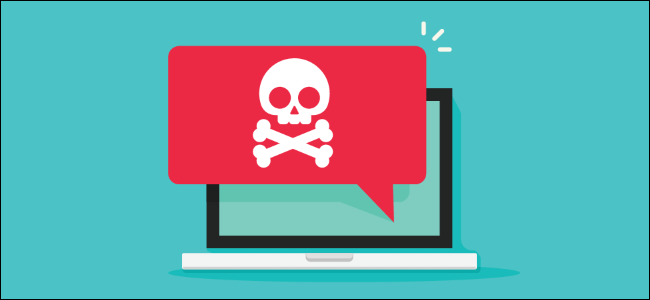Does Your Computer Have a Virus? Here’s How to Check

Windows computers sometimes do get viruses and other malware, but not every slow or misbehaving PC is infected by malware. Here7;s how to check if you actually have a virus2;and whether that suspicious process is dangerous or not.
What Are the Signs of a Virus?
Poor performance, application crashes, and computer freezes can sometimes be the sign of a virus or another type of malware wreaking havoc. However, that7;s not always the case: There are many other causes of problems that can slow down your PC.
Likewise, just because your PC is running fine doesn7;t mean it doesn7;t have malware. The viruses of a decade ago were often pranks that ran wild and used a lot of system resources. Modern malware is more likely to lurk silently and covertly in the background, trying to evade detection so it can capture your credit card numbers and other personal information. In other words, modern-day malware is often created by criminals just to make money, and well-crafted malware won7;t cause any noticeable PC problems at all.
Still, sudden poor PC performance may be one sign you have malware. Strange applications on your system may also indicate malware2;but, once again, there7;s no guarantee malware is involved. Some applications pop up a Command Prompt window when they update, so strange windows flashing onto your screen and quickly disappearing may be a normal part of the legitimate software on your system.
There7;s no one-size-fits-all piece of evidence to look for without actually scanning your PC for malware. Sometimes malware causes PC problems, and sometimes it7;s well-behaved while sneakily accomplishing its goal in the background. The only way to know for sure whether you have malware is to examine your system for it.